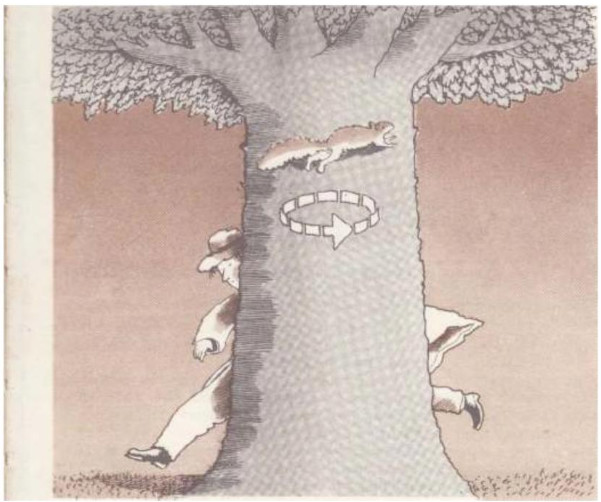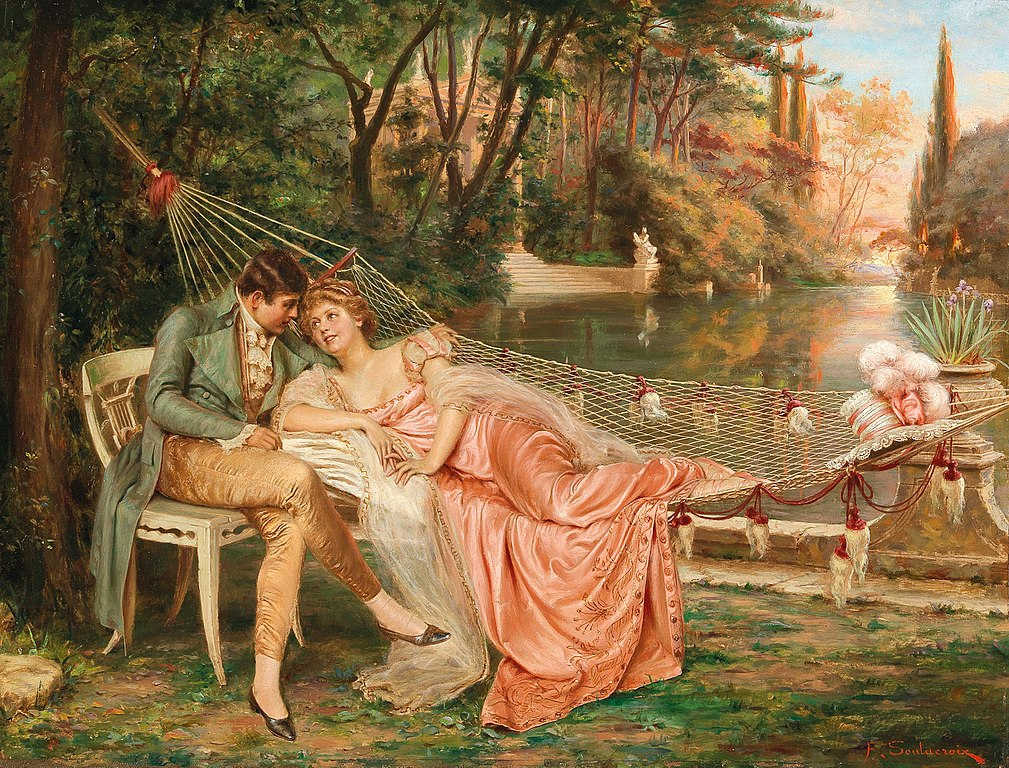The screenplay for the 1962 war film The Longest Day was composed by an international team of writers to reflect the various nationalities that appear in the film. James Jones, who handled the Americans, had finished his work and was vacationing in Yugoslavia when producer Darryl Zanuck sent an urgent wire asking him to correct a small piece of late dialogue. “How much for it?” Jones asked. Zanuck answered “Fifteen thousand dollars.” Jones wrote, “Okay, shoot.”
The line, which had been written by an Englishman, was “I can’t eat that bloody old box of tunny fish.”
Jones changed this to “I can’t stand this damned old tuna fish.”
In The Literary Life and Other Curiosities, Robert Hendrickson calls this the highest word rate ever paid to a professional author. “The chore of deleting two words and changing four words came to $2,500 a word.”



